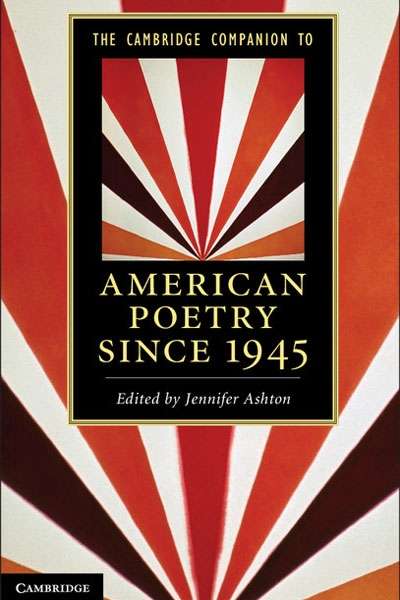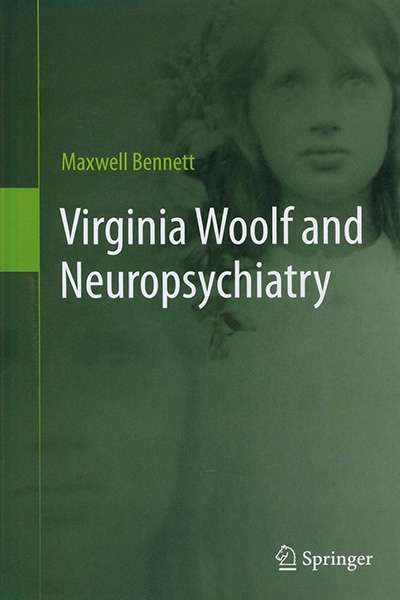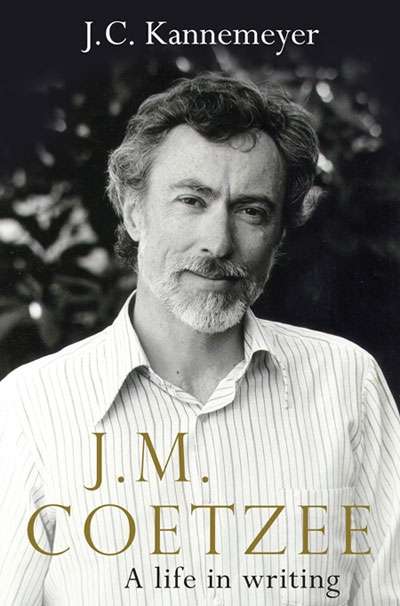Literary Studies
Tarantula's Web: John Hayward, T.S. Eliot and their Circle by John Smart
Private Eye said of Stephen Spender that he wasn’t so much famous as that he knew a lot of famous people. They might have said the same of John Hayward. His editorial and scholarly work notwithstanding, it’s doubtful that a biography of him would have been written had it not been for his close friendship with the premier poet of the twentieth century, T.S. Eliot.
... (read more)The humanities are currently experiencing what’s been called a ‘material turn’ that is in some ways comparable to the linguistic turn that animated the academy half a century ago. Then it was language that commanded attention, and appeared to constitute a primary ‘reality’; now the focus is on physical objects, and what they can tell us about the world in which we live. Within certain humane disciplines – art history, archaeology, museum studies – objects have always loomed large, and it is therefore not surprising that a leading figure in the present field should be the distinguished director of the British Museum, Neil MacGregor, whose brilliant study, A History of the World in 100 Objects (2011), has deservedly won both popular and scholarly acclaim.
... (read more)The Cambridge Companion to American Poetry Since 1945 edited by Jennifer Ashton
The scene: a cold, bright January day in the snow-covered capital of the United States. The occasion: the presidential inauguration of John F. Kennedy. Up to the podium steps America’s unofficial poet laureate, eighty-six-year-old Robert Frost. Temporarily blinded by the glare of brilliant sunshine and freshly fallen snow, Frost sets aside the handwritten text of his specially prepared ‘Dedication’ and recites from memory a much earlier poem, ‘The Gift Outright’.
... (read more)Confronting the Classics: Traditions, Adventures and Innovations by Mary Beard
When Confucius was asked by his disciples how they should become wise, he would enjoin them to study the classics; over two millennia later and much closer to home, Winckelmann declared that it was only by imitating the supreme masterpieces of the Greeks that we too might one day become inimitable – putting his finger on the paradox that the greatest originality always has deep roots in the past.
... (read more)From a Distant Shore: Australian Writers in Britain 1820–2012 by Bruce Bennett and Anne Pender
From the earliest days of white settlement, Australians have made the voyage to Britain. Many stayed for long periods and some forever. Prominent among the more permanent residents were writers, prominent not only in terms of numbers but also because it was they who in large part created the stories and legends of Australians abroad. Some left without regret, lambasting their local world as ‘suburban’, hostile to originality and creativity. But Australian writers were not only denizens of a small, narrow society. They also lived in an English-speaking imperial world constructed in terms of metropolises and provinces. Thus Australian writers went to Britain in search of better opportunities for publication, wider markets for their wares, and to become part of a critical mass of writers, critics, intellectuals in a more complex, variegated society. When nationalist fervour was strong, local attitudes to expatriates could be ambivalent if not hostile. In 1967 Christina Stead was named by the Britannica Australia Award for Literature Committee as ‘the outstanding novelist of this day’ but was not given the prize because it was noted that she had not lived in Australia for forty years and that her contribution to literature had little reference to Australia.
... (read more)Shirley Hazzard: Literary Expatriate and Cosmopolitan Humanist by Brigitta Olubas
The cover of Shirley Hazzard’s The Great Fire shows a vast and terrible conflagration. Flames reach high into the sky, devouring the air and seeming to set the wide river alight. In the distance, an eerily familiar pair of ghostly towers rises above the smoke. In the foreground, tiny human figures move around as a boat sets off towards the fire, perhaps in some desperate attempt at rescue. The painting is The Burning of the Houses of Parliament by J.M.W. Turner. Shirley Hazzard chose this image herself for the cover of the novel, which won both the Miles Franklin and National Book Awards in 2003.
... (read more)Desert Passions: Orientalism and Romance Novels by Hsu-Ming Teo
I once fell out with an intelligent, well-read woman who refused to believe me when I said I had never read a Mills & Boon book. I should perhaps have admitted that the job I had as a student, proofreading stacks of popular novels for an Adelaide publisher, put me off them for life. Now I am grateful to Hsu-Ming Teo for educating me so thoroughly on romantic fiction by women in English about the Middle East, which, as she shows, has many fans. Her comprehensive research relieves me of any need or desire to join them.
... (read more)An unsuspecting reader might guess that this book belongs to the disreputable genre of psychobiography. Beginning with Sigmund Freud’s analysis of Leonardo da Vinci (1910), which explored themes of unconscious homosexuality and maternal attachment, biographers have attempted to make sense of individual lives with the aid of psychological theory, most often of a psychoanalytic stripe.
... (read more)The Burning Library: Great Novelists Lost and Found by Geordie Williamson
As a reader, teacher, and scholar of Australian literature, I applaud any initiative directed towards increasing readers’ understanding of, and engagement with, Australian writing. Geordie Williamson’s The Burning Library sets out to achieve that goal. Through a mix of biography and literary review, Williamson seeks to recuperate the work and reputation of fifteen Australian writers whom he judges to have been underappreciated or sidelined by academics, publishers, and, consequently, the reading public. His stable of writers includes Marjorie Barnard, Flora Eldershaw, Xavier Herbert, Christina Stead, Dal Stivens, Patrick White, Jessica Anderson, Sumner Locke Elliott, Amy Witting, Olga Masters, David Ireland, Elizabeth Harrower, Thomas Keneally, Randolph Stow, and Gerald Murnane.
... (read more)J.M. Coetzee: A Life in Writing by J.C. Kannemeyer, translated by Michiel Heyns
When I heard that someone was writing Coetzee’s biography, I thought he must be either brave or foolish. After all, Coetzee’s own approach to autobiography is slippery, to say the least. J.C. Kannemeyer was (he died suddenly on Christmas Day 2011) a South African professor of Afrikaans and Dutch, a veteran biographer, and a literary historian. Coetzee co-operated fully, granting extensive interviews, making documents available, answering queries by email, and offering no interference. ‘He said he wanted the facts in the book to be correct. He did not wish to see the manuscript before publication.’ In other words, he behaved impeccably. Any suspicion that Coetzee’s Summertime (2009), in which a biographer researches the late J.M. Coetzee’s life, is based on his experience of being Kannemeyer’s subject is removed by the epilogue. Summertime was conceived and largely written before the biography was contemplated.
... (read more)










